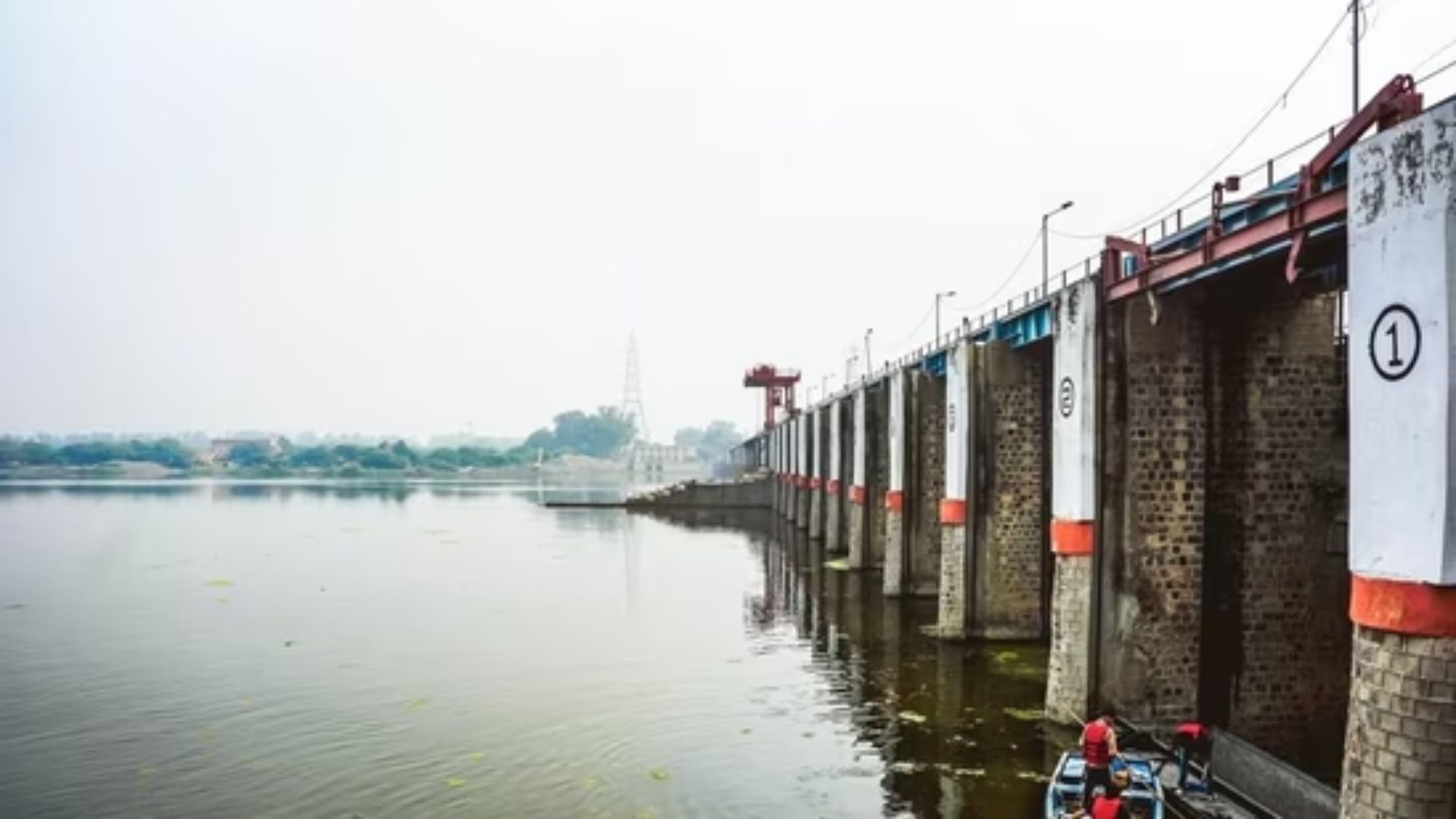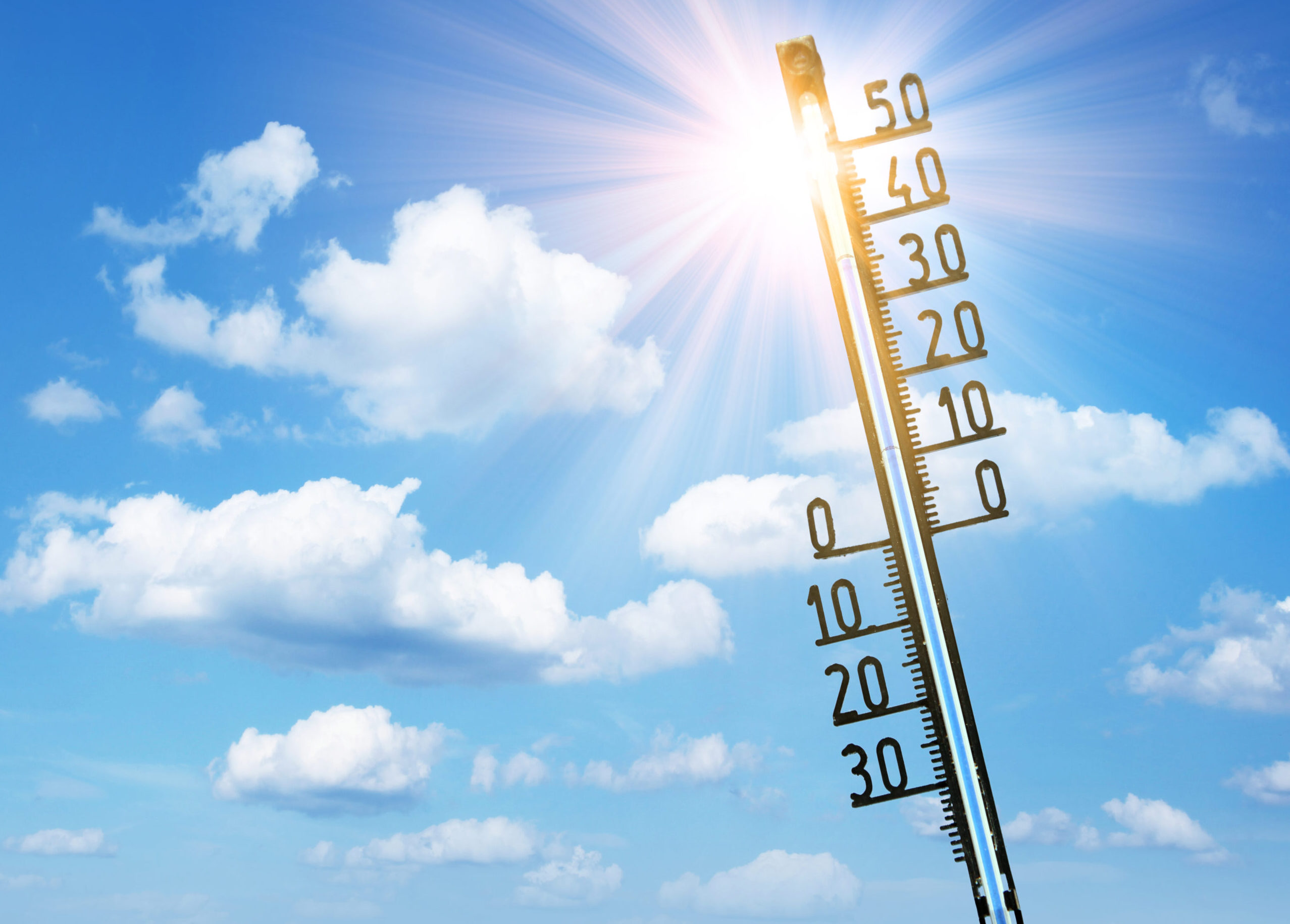
As per the latest report from India’s Central Water Commission(CWC),India faces water crisis. Water storage levels across the country’s reservoirs are reportedly concerning. Despite their large storage capacity, the current data reveals a decrease in stored water compared to previous years, reflecting the impacts of fluctuating water management practices.
As of the latest update, the total live storage in India’s reservoirs is 46.311 billion cubic meters (BCM), which is just 26% of their total capacity. This figure represents a decline from the 58.864 BCM recorded during the same period last year, as highlighted in the CWC’s recent bulletin. The comparison shows a decline in available water resources, proving challenges for agricultural irrigation and daily water needs.
The decline in water storage levels is not only a consequence of natural factors like rainfall but also reflects the effectiveness of water management strategies implemented across the nation. These strategies are crucial for optimizing water usage and maintaining reservoir capacities and are pivotal in ensuring sustainable water availability across different regions.
In northern India, encompassing states such as Himachal Pradesh, Punjab, and Rajasthan, the impact of dwindling reservoir levels is particularly pronounced. These states, known for their agricultural productivity, face heightened challenges in water management as the available storage falls short of anticipated needs.
The CWC’s ongoing monitoring and regular updates provide critical insights for policymakers and stakeholders involved in water resource management. This data-driven approach enables informed decision-making to mitigate the impacts of water scarcity, ensuring equitable distribution and sustainable utilization of water resources nationwide.
Addressing these challenges requires concerted efforts in water conservation, efficient irrigation practices, and infrastructure development to enhance storage capacities. By prioritizing water management strategies aligned with current data insights, India can better navigate future water challenges and safeguard essential agricultural and domestic water supply needs.
















